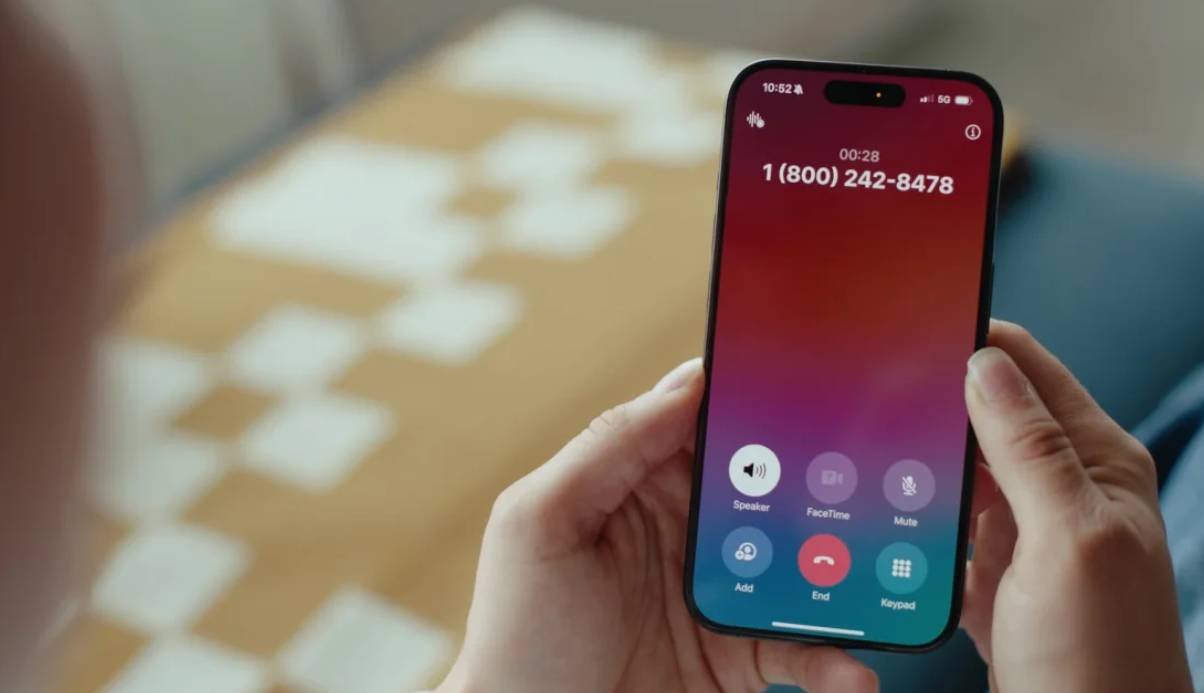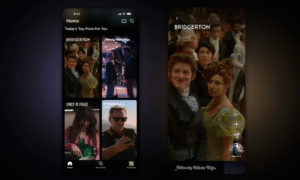On Wednesday, when a journalist called the number 1-800-CHATGPT, a female voice on the other end provided a chocolate chip cookie recipe and gave a brief summary of the Civil War. However, the voice didn’t seem to engage in personal conversation.
“I don’t have feelings, but I do find my job pretty interesting,” the chatbot responded.
ChatGPT, which was introduced just over two years ago as an AI chatbot online, has now expanded to phone services.
By calling 1-800-242-8478 in the US, people can now experience OpenAI’s chatbot without needing to download the app, the company revealed on Wednesday. This allows users to have a voice conversation over a standard phone line. OpenAI explained that this service is especially beneficial for individuals who don’t have reliable access to high-speed internet.
Additionally, people from anywhere in the world can interact with the chatbot by messaging the same number on WhatsApp.
The company announced that users can make 15-minute calls to ChatGPT each month. This service, described as an “experimental” way to interact with the chatbot, doesn’t offer the same full capabilities as the app version. For instance, the calls are less personalized compared to using the app.
The feature was developed in just a few weeks as part of OpenAI’s “12 Days of OpenAI” campaign, a series of quick updates and new tools.
There have been concerns about the chatbot’s voice technology. In an August report, OpenAI raised alarms that users might become overly reliant on its human-like voice mode. When asked about recording or storing users’ voices, the company pointed to its privacy policy and Terms of Use. By using the service, users agree to these terms, which include clauses about data collection. OpenAI also clarified that it may review data for safety reasons.
In addition to these AI-related concerns, OpenAI is facing fierce competition from companies like Google, which is launching advanced technology, including a tool that generates AI-created images from uploaded photos. Other competitors like Elon Musk’s xAI, Meta AI, and Microsoft’s Bing (which uses OpenAI’s technology) also pose challenges.
OpenAI recently secured a $6.6 billion funding round, boosting its valuation to $157 billion. When asked whether ChatGPT would ever become profitable, the chatbot responded optimistically, stating that OpenAI plans to achieve this goal, but added, “I don’t handle any money myself.”














